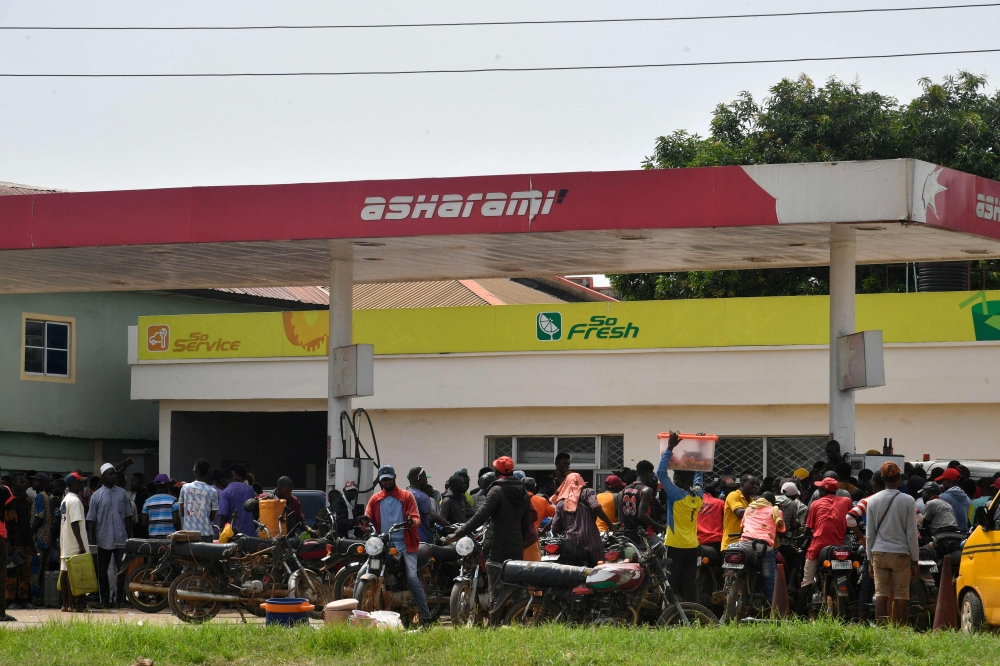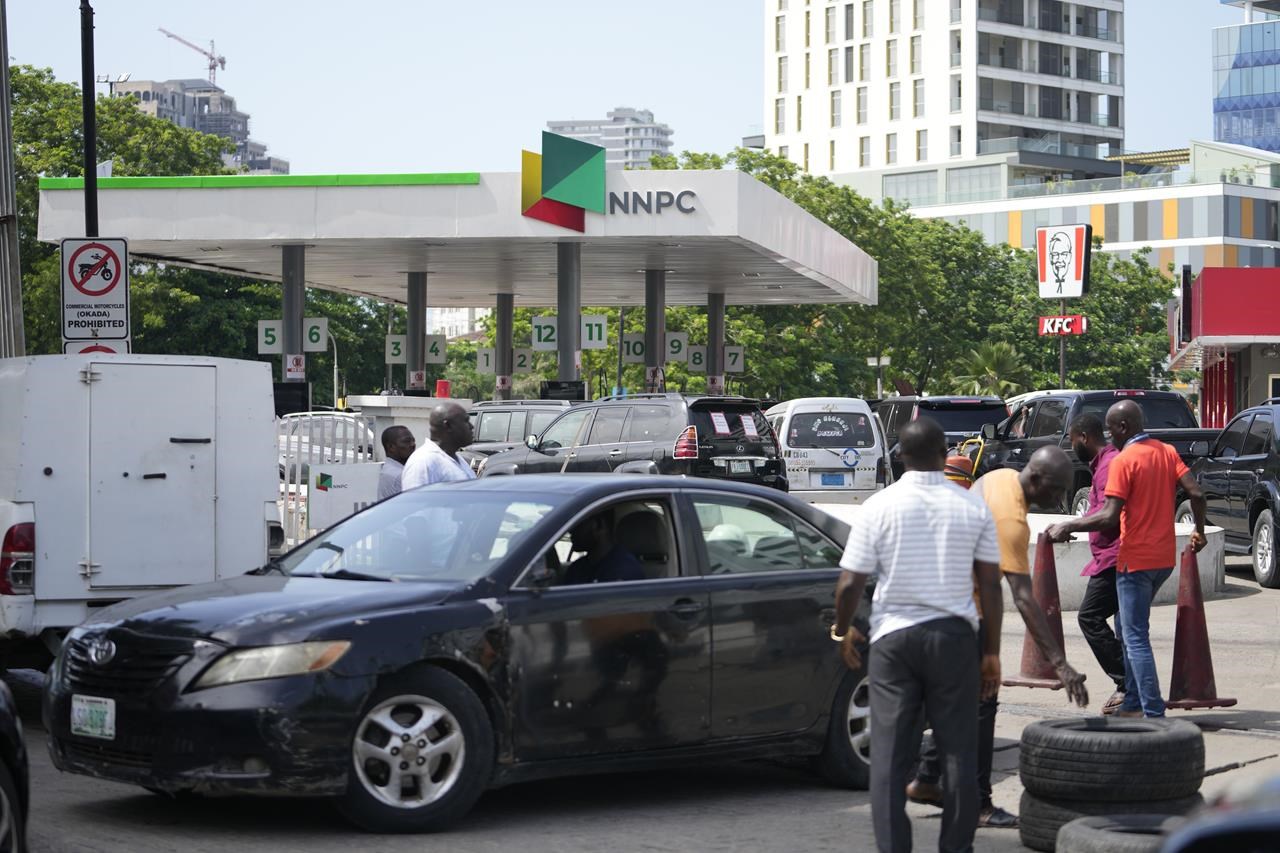Petrol prices tripled at government-run stations in Nigeria on Wednesday, two days after newly-elected President Bola Tinubu vowed that he would eliminate fuel subsidies as his first act in office.
His statement was met with doubt over when the measure will be implemented. Subsidies were budgeted for by Muhammadu Buhari's previous administration till the end of June.

However, prices at government-owned gas stations rose on Wednesday from around 190 to 540 naira ($0.4 to $1.2) per litre, implying that the subsidies had already been eliminated.
Did you read this?
"We have adjusted our premium motor spirit pump prices across our retail outlets to reflect current market realities," said the Nigerian National Petroleum Corporation (NNPC) in a statement.
"Prices will continue to fluctuate in order to reflect market conditions." the statement reads
The uncertainty and abrupt change prompted concern among many Nigerians, where the World Bank estimates that more than 80 million people live below the poverty line.

Prices at privately operated gas stations have already begun to rise on Tuesday, reflecting anticipation of an early end to subsidies.
Roads in Lagos, a city of 20 million people, were closed owing to long lines outside petrol stations.
Monday, Egbe, a cab driver in Abuja, said he was able to get some petrol but that many people were staying at home because they "couldn't afford that price."
"I have increased my prices from about 1,500 to 3,500 naira" for 25-minute excursions, the 39-year-old told AFP.
Tinubu's decision brings to an end a long-standing agreement to support petroleum prices in Nigeria, the continent's most populous country and largest economy.
Nigeria is rich in oil but has limited refining capability. For years, it has traded petroleum for gasoline, which it then subsidizes for its domestic market, resulting in a significant loss of revenue and foreign exchange, as well as contributing to the country's mounting debt.
Tinubu promised on the campaign road that he would eliminate the costly assistance, and on Monday, after his inauguration, he stated that the "fuel subsidy is gone."
However, the new administration announced on Tuesday that the legislation would not take "immediate effect" since financial provisions were in place for another month.
While gasoline subsidies mostly favour the middle class and those who own a vehicle, they do assist keep transportation costs low and are widely used.
Previous attempts by political leaders to remove it have been met with outrage, particularly in 2012 when the army fought with protesters protesting petrol prices.









